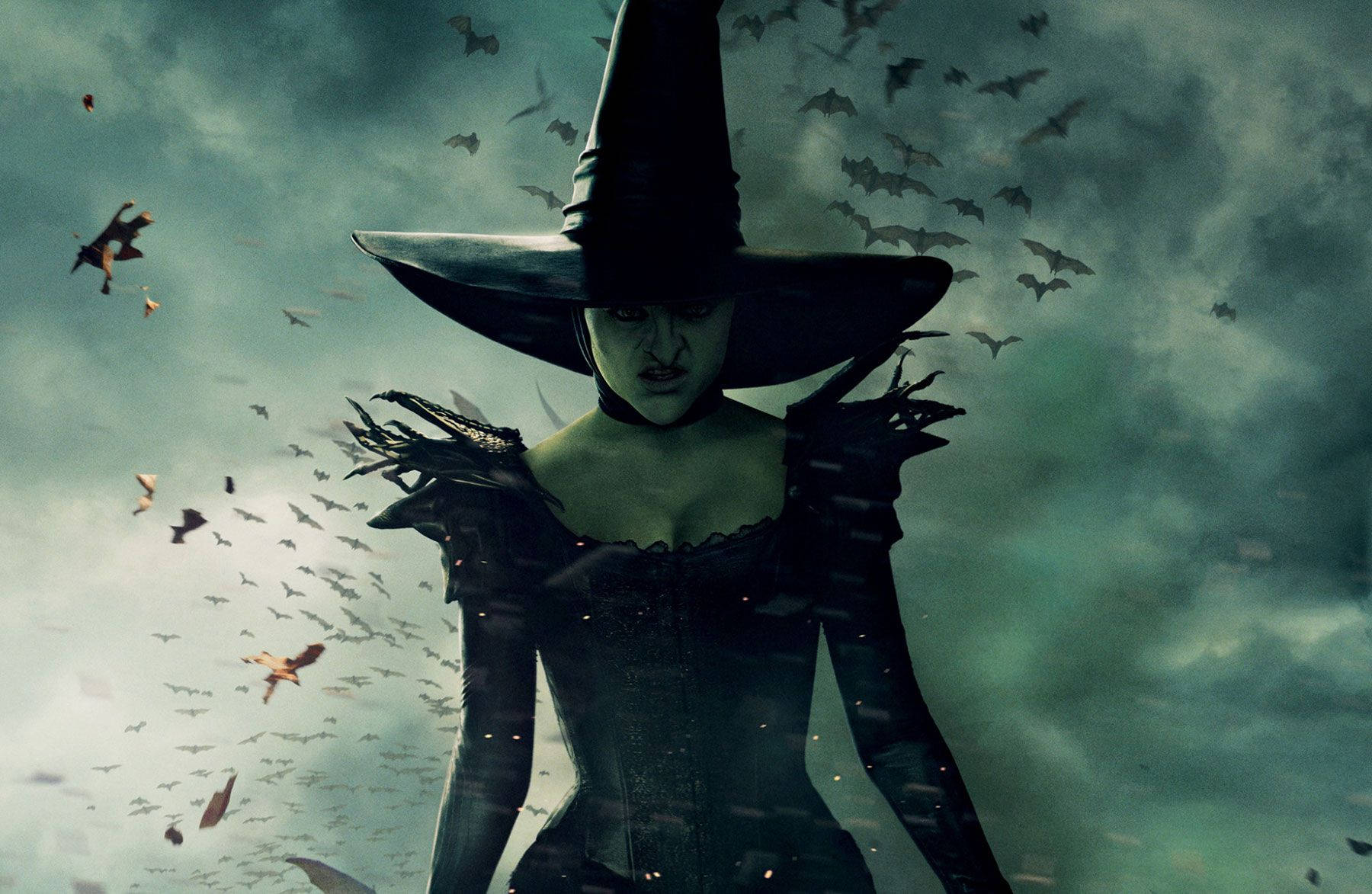
FAQ About Magic in the Middle Ages
Magic in the Middle Ages
2 years ago | gizem
How did medieval societies deal with accusations of witchcraft?
Medieval societies dealt with accusations of witchcraft in various ways, and the approach evolved over time and across different regions. The handling of such accusations was influenced by religious beliefs, legal systems, social attitudes, and political factors. Here are some common ways in which medieval societies dealt with accusations of witchcraft:
- Local Justice and Vigilantism: In some cases, accusations of witchcraft were dealt with informally at the local level. Accused individuals might be subjected to mob violence or lynching without a formal trial or legal process.
- Ecclesiastical Courts: The Church was often involved in dealing with accusations of witchcraft. Ecclesiastical courts, such as the Inquisition, were established to investigate and try cases of heresy and witchcraft. Accused individuals faced interrogation, and those found guilty could be excommunicated or handed over to secular authorities for punishment.
- Secular Courts: As the witch hunts intensified in the later Middle Ages and early modern period, secular courts became increasingly involved in prosecuting witches. Accused individuals were brought to trial, and the proceedings could involve torture to extract confessions.
- Confession and Torture: Torture was commonly used to extract confessions from accused individuals. In many cases, the accused would confess to practicing witchcraft under duress, leading to further convictions and accusations against others.
- The Ordeal: In some regions, the ordeal was used to determine guilt or innocence. The accused might be subjected to a physical test, such as being thrown into water, and their survival or lack thereof was seen as evidence of guilt or innocence.
- Punishments: Those found guilty of practicing witchcraft could face severe punishments, including imprisonment, fines, public humiliation, banishment, and execution (usually by burning at the stake).
- Accusation by Tortured or Afflicted Individuals: In some cases, accusations of witchcraft arose from the testimonies of individuals who claimed to have been harmed or bewitched by the accused.
- Witchcraft Trials and Inquisitions: Witchcraft trials became more formalized, with judges, witnesses, and legal procedures. Witch hunts and inquisitions targeted individuals suspected of practicing witchcraft, leading to widespread persecution.
- Witchcraft Panics: During periods of heightened fear and suspicion, witchcraft panics swept through communities, resulting in numerous accusations and trials.
- Witch Finders and Witch Hunters: Some individuals, known as "witch finders" or "witch hunters," made a living by identifying and denouncing alleged witches. They often fueled the fear and paranoia surrounding witchcraft.
